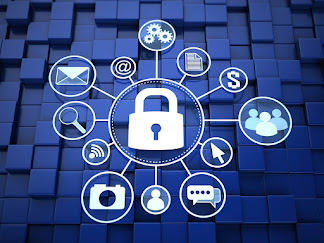What Is Olpair Virus and How to Evacuate It?

Did you erroneously accept pop-up messages on your internet browser and now you keep seeing nosy pop-up banners constantly? You may have been contaminated with the Olpair.com malware virus. What Is the Olpair Virus? The Olpair Virus is an aggravating type of adware/malware that powers your internet browser to show multiple pop-up advertisements, redirects, and notifications. Alone, it's only bothering as opposed to dangerous, however, it can free your computer up to the dangers that originate from review unsafe advertisements that deliver considerably more nefarious viruses. How Accomplishes Olpair Work? Additionally some of the time known as Openload.co Pair, Olpair is principally a pop-up virus. It powers your browser to show multiple pop-ups and notifications for adverts with those adverts frequently being suspicious and malicious in themselves. By all accounts, it's not as dangerous as a 'valid' virus or type of malware, however, it is irritating. It addit...





